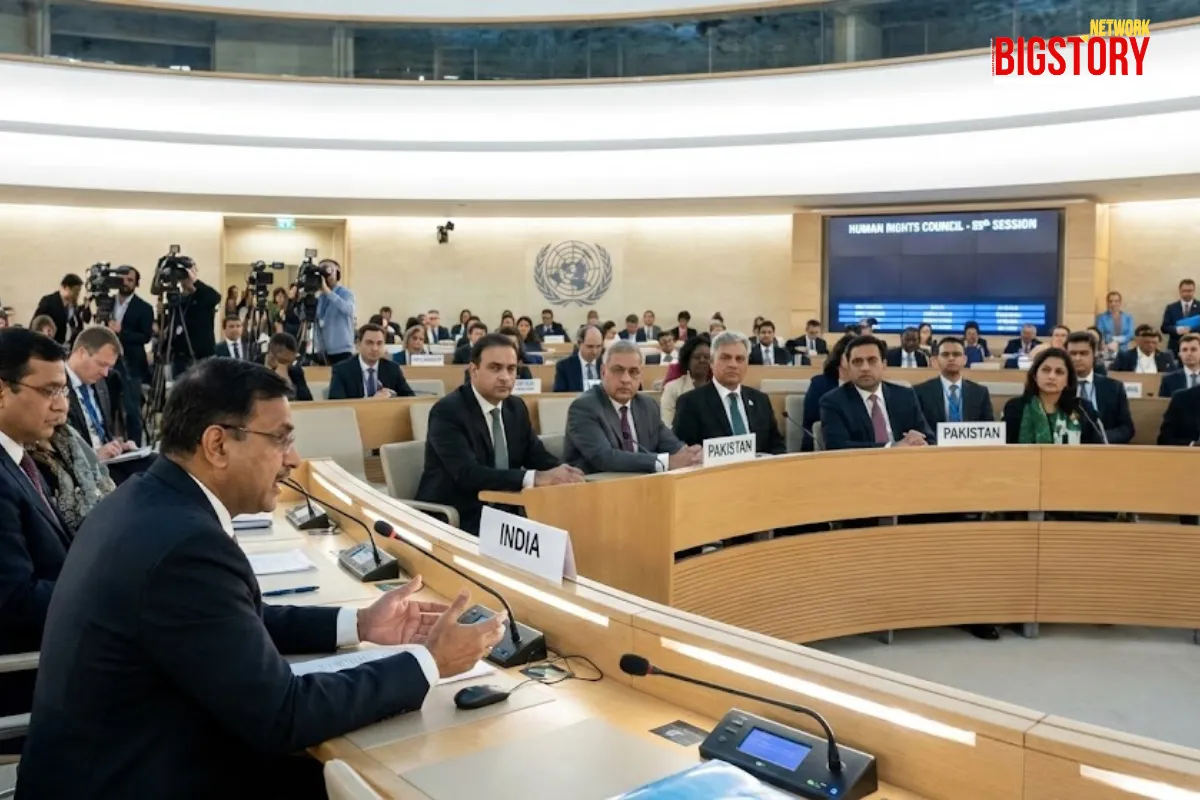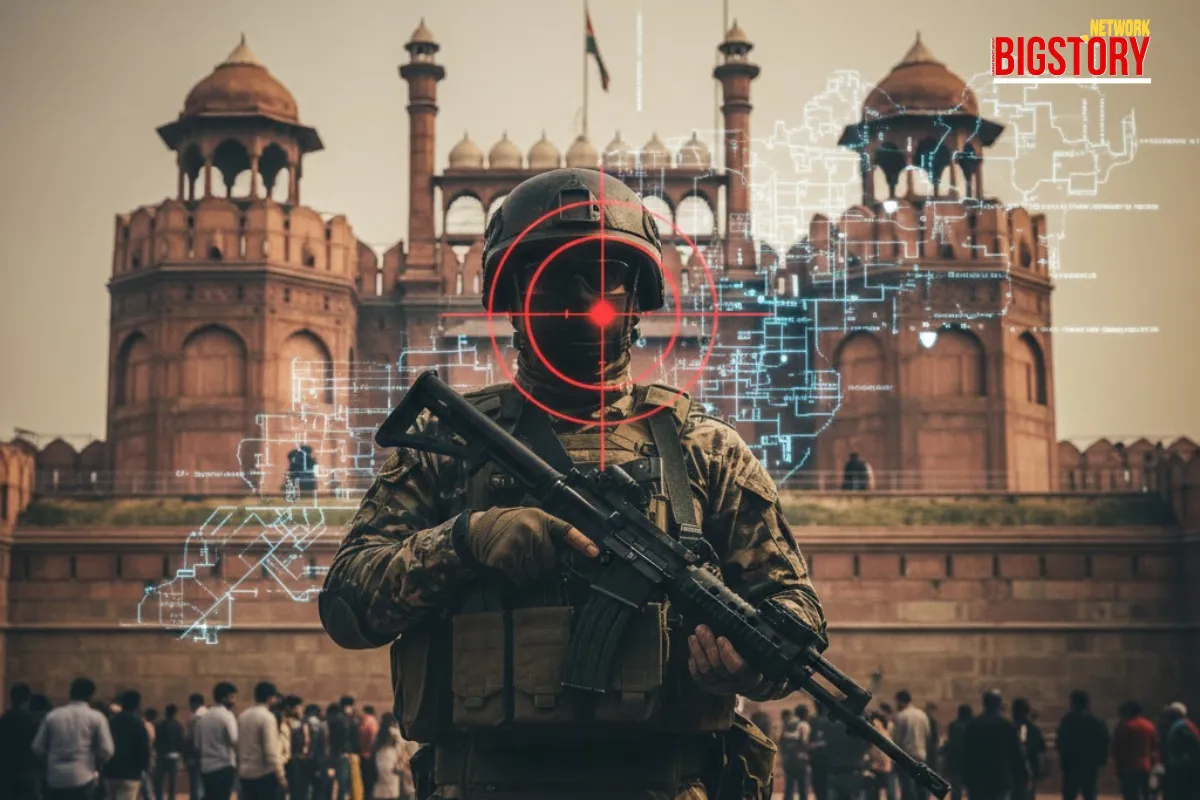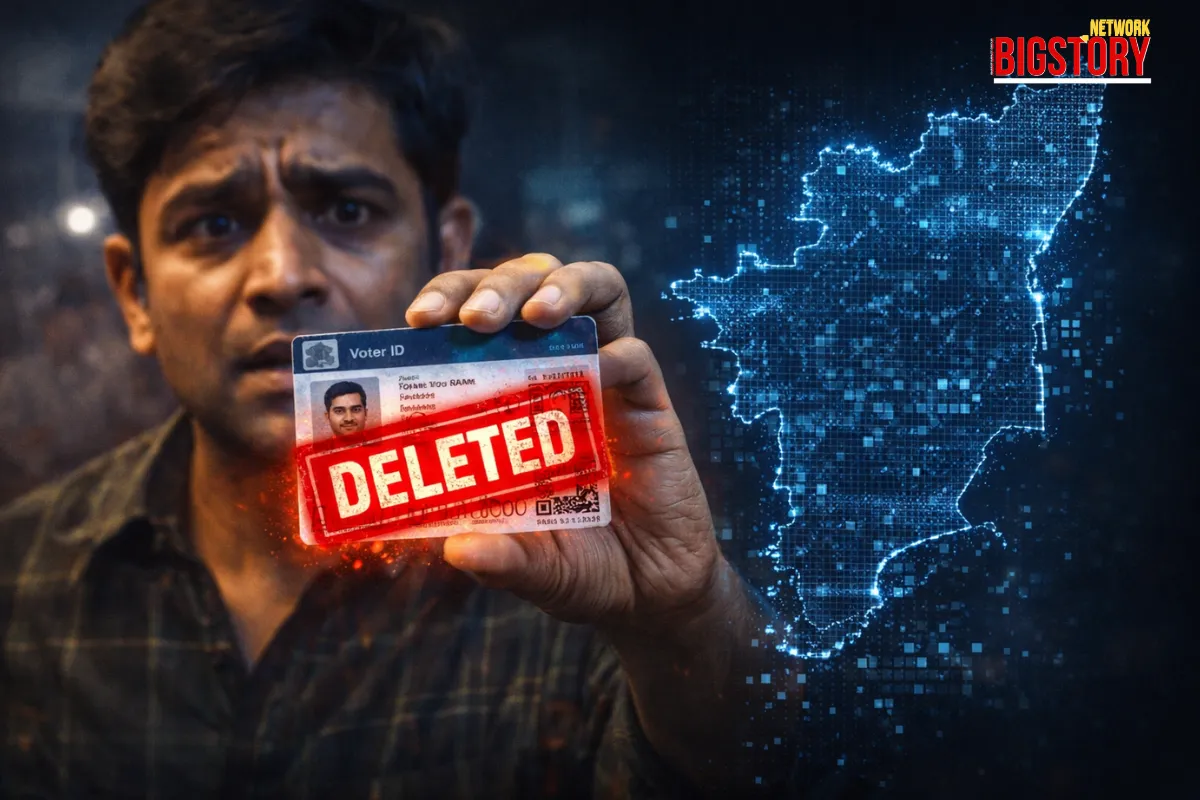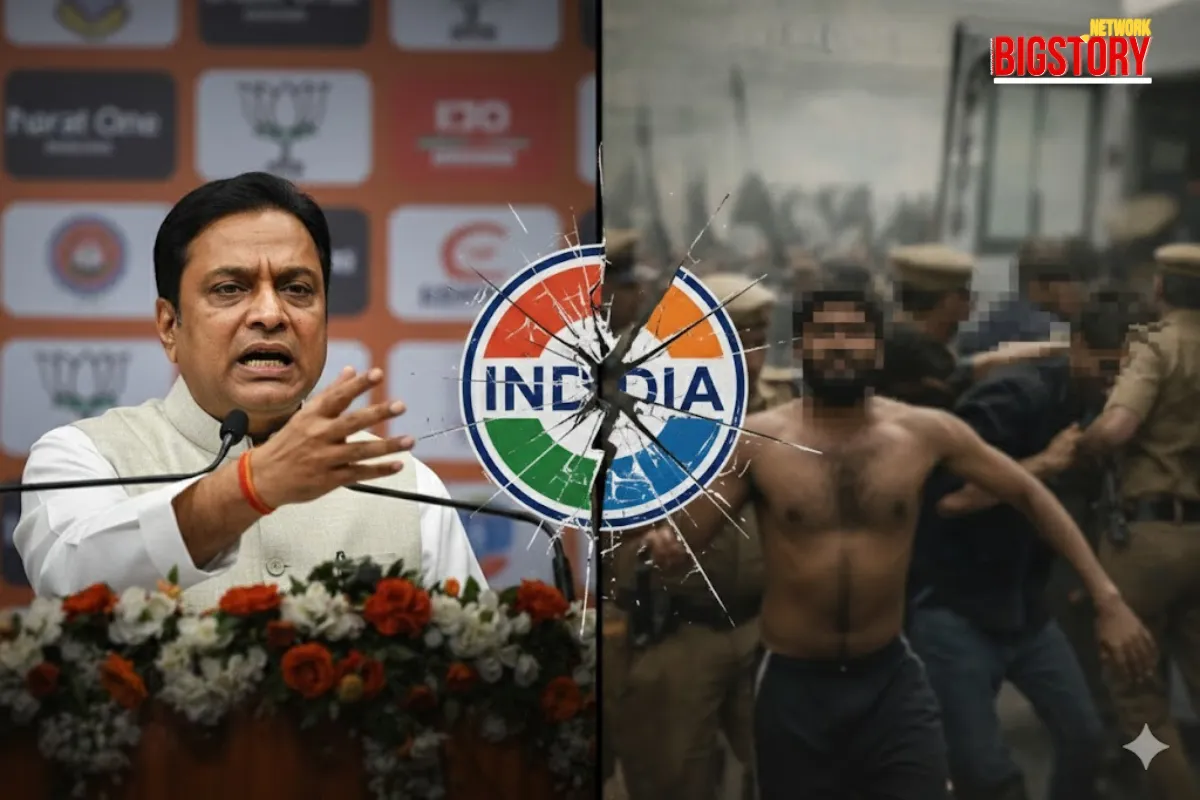After 19 years, the Bombay High Court has acquitted all 12 accused in the 2006 Mumbai train blasts case, highlighting serious flaws in the investigation and the immense human cost of prolonged legal battles.
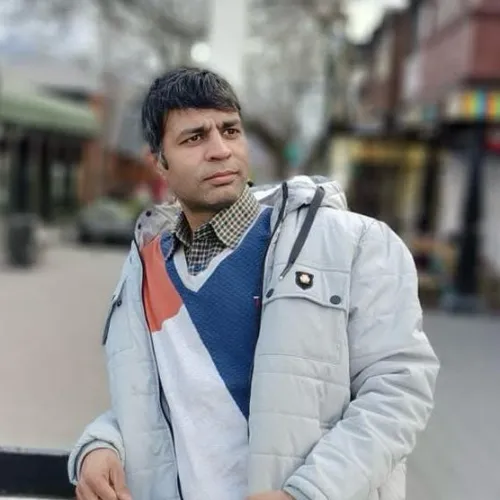 Manish Saini
Manish Saini
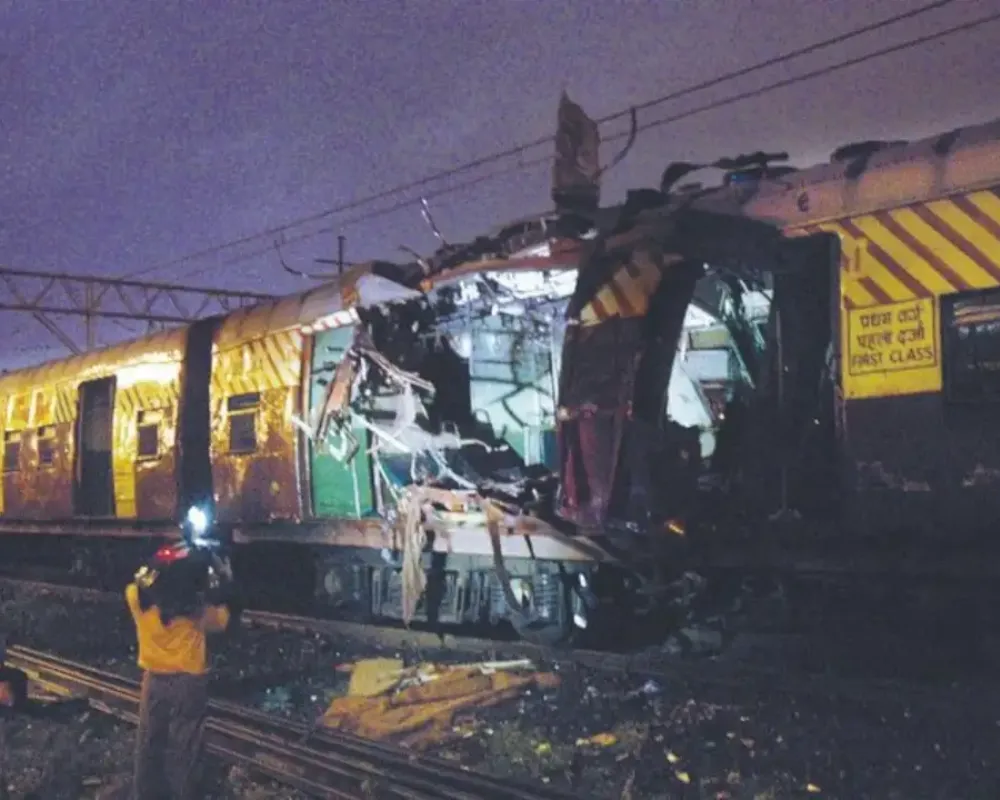
On July 11, 2006, Mumbai, the bustling financial capital of India, was rocked by a series of seven coordinated bomb blasts on its Western Railway suburban network. Within a span of just 11 minutes, the explosions in packed commuter trains during the evening rush hour claimed the lives of 187 people and injured over 800. The horror of that day left an indelible mark on the city and the nation, leading to a long and complex investigation and trial.
Fast forward to July 21, 2025 – nearly 19 years after the horrific event. The Bombay High Court delivered a landmark verdict that has sent ripples across the nation: it acquitted all 12 individuals who had been convicted by a special court in 2015 for their alleged roles in the blasts. Five of these individuals were on death row, and seven were serving life sentences. One of the convicted had even died in custody in 2021.
The High Court's judgment was scathing, pointing out severe flaws in the prosecution's case. The court observed that the prosecution "utterly failed" to prove its case beyond reasonable doubt. Key issues highlighted included:
This verdict, nearly two decades after the tragic incident, brings to the fore critical questions about the efficiency and fairness of India's criminal justice system. While the acquittal provides relief to those who spent years behind bars for a crime the court now says they didn't commit, it also means that the true perpetrators of the heinous act remain at large. As the High Court itself observed, "creating a false appearance of having solved a case by presenting that the accused had been brought to justice gave a misleading sense of resolution. This deceptive closure undermines public trust and falsely reassures society, while in reality, the true threat remains at large."
The human cost of such a prolonged legal process is immense. Individuals spent nearly two decades of their lives incarcerated, their families endured years of anguish and financial strain, all while the specter of severe punishment, including the death penalty, loomed over them. This case serves as a stark reminder of the adage "justice delayed is justice denied," not just for the victims of the blast who await definitive closure, but also for those who unjustly suffered lengthy imprisonment.
The Maharashtra government has announced its intention to appeal the High Court's decision in the Supreme Court, indicating that the legal journey for this case is far from over. As the process continues, this landmark acquittal underscores the urgent need for judicial reforms, improved investigative methods, and a system that ensures both swift justice and protection against wrongful conviction. The 2006 Mumbai blasts case, now more than ever, highlights the complex challenges within our legal framework and the profound impact they have on individual lives and public confidence.



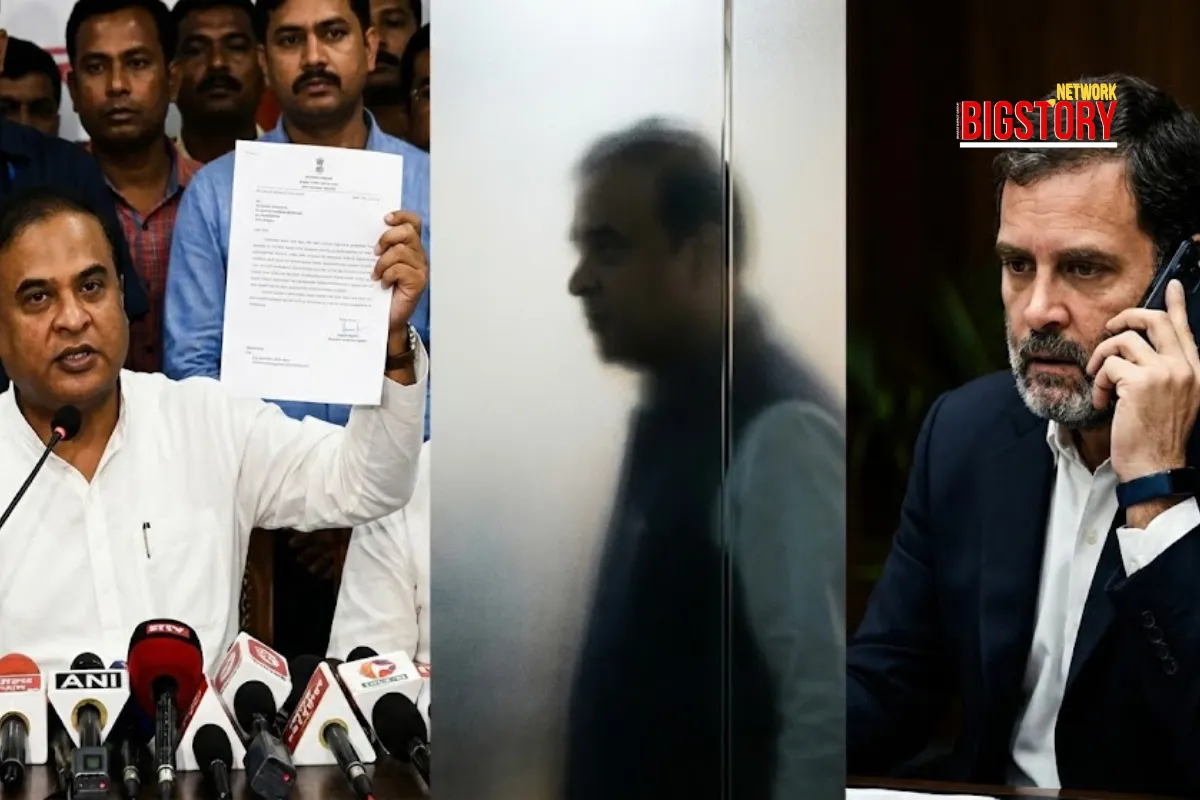


Sign up for the Daily newsletter to get your biggest stories, handpicked for you each day.
 Trending Now! in last 24hrs
Trending Now! in last 24hrs
